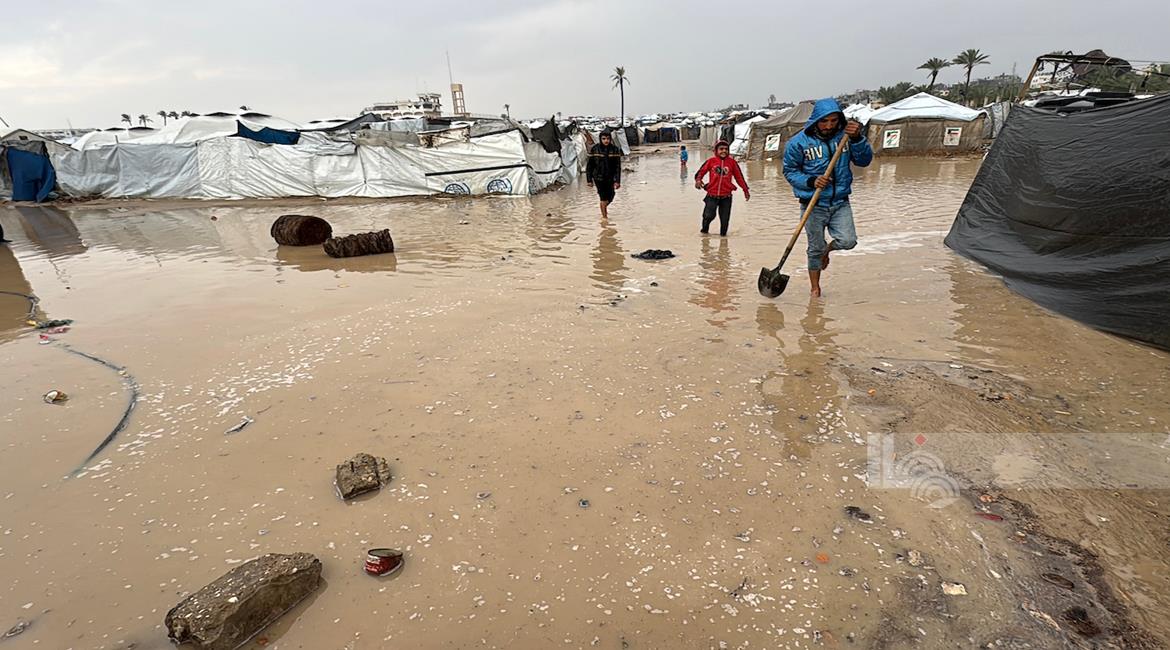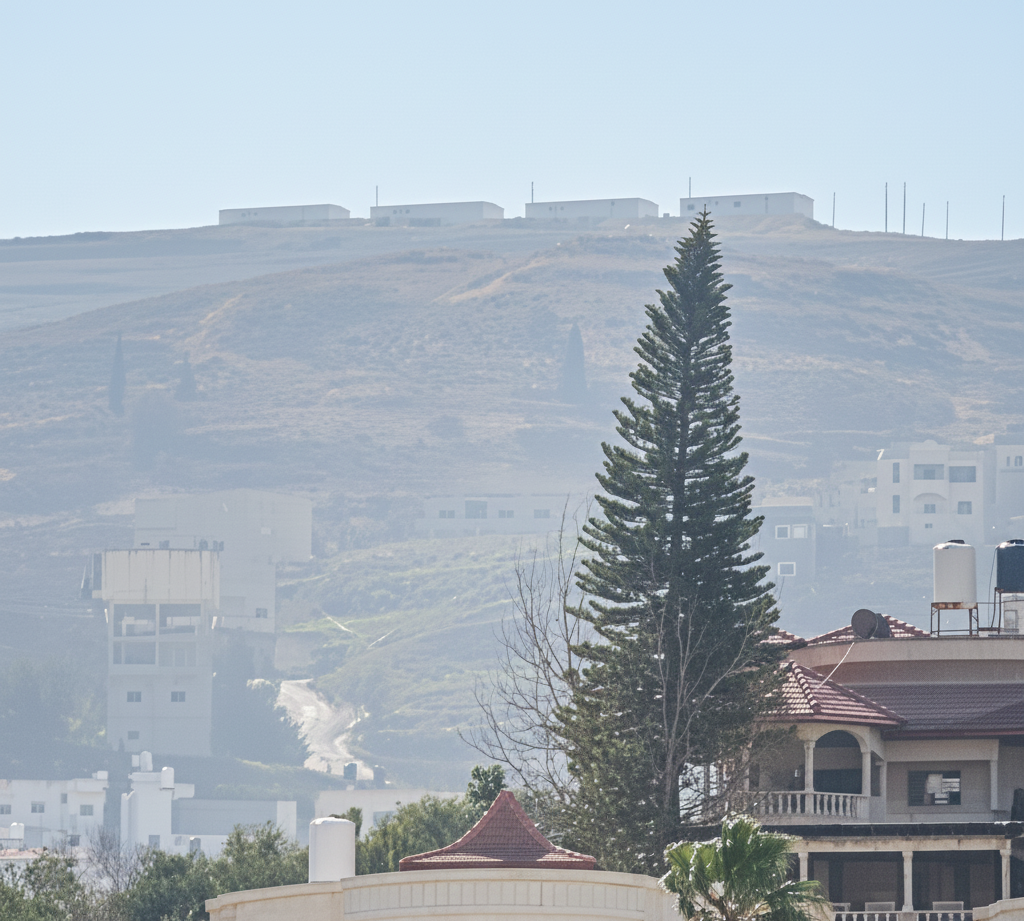By Mohammad Najim
For Ayman Anabtawi, owner and CEO of Palestinian Constructions Inc. in Nablus, the decision whether his company would reduce cost of construction materials upon completion of Palestine Cement Factory (PCF), a Palestinian mega project, is completely contingent upon PCF’s offering of “competitive prices.”
He told WAFA that while his company currently imports cement from Jordan, Israel, Turkey and Greece, it will decide on whether or not to rely on PCF as a major national supplier of cement if the latter offers competitive rates to local construction companies.
Phase one of work on the PCF was launched on October 1 in ceremonies held in Bethlehem under the patronage of President Mahmoud Abbas and organized by the Palestine Investment Fund (PIF), the investment arm of the Palestinian Authority.
The project is managed, owned and built by Sanad Construction Resources Company, a PIF subsidiary in the construction industries sector established in 1994, which says it made net profit of $19.7 million in 2015 with assets amounting to $65.3 million by the end of 2015.
Sanad had launched the company, Bunyan, in 2015 and contributed $30 million to its $100 million capital with a goal to build and develop companies working in the construction industries sector, including PCF.
The first phase of PCF includes the construction of a cement mill - which incorporates three stages: raw material storage, grinding, and packing units - with a capacity of producing one million tons of cement per year and an estimated investment that will amount to around $60 million, according to the PIF.
However, upon completion of the factory in 18 months, overall investment is supposed to reach around $310 million, with a capacity to produce 1.3 million tons of cement per year, a little bit more than a third of the annual Palestinian market demand of three million tons of cement that reach a cost of around $300 million.
The PCF plant is expected to meet the current market demand and even reach five million tons annually in five years, according to officials, creating as a result a self-reliant economy.
“This mega national project, alongside the accumulated achievements that PIF has realized are vital steps towards freeing the Palestinian economy from the Israeli economic hegemony; and once realized, it would be a key contributor to the establishment of Palestinian statehood, and thus the advancement of the two states solution,” PIF chairman of the board, Mohammad Mustafa, said at the PCF launch ceremony.
The factory is going to be built in a remote area southeast of Bethlehem on an area of 3,300,000 square meters of government-owned land that was purchased by PIF. It is expected to create 500 direct and more than 1000 indirect jobs during the construction and the operation phases.
Nevertheless, some local contractors wanted to wait and see the results before they can make a judgment while others offered a more pessimistic view.
Abdul-Jabbar Shehadeh, owner and CEO of Fara’a Construction Company in Tubas, north of the West Bank, had a more pessimistic view.
He said that based on past experience he never believes that big projects like PCF would contribute to lower prices to small enterprises, like his, or to local consumers.
“Frankly speaking, companies like PCF will never contribute to lowering cement prices,” because, he said, “the factory’s owners are also profit-seeking businessmen who will not have the interest of the local consumer in mind when building the company, rather their own.”
Shehadeh cited an example a Palestinian cement-importing corporation, which he said had practiced monopoly in the market, increasing price of a ton of cement from $103 to $130.
He said small businesses like his own were then forced to deal with an Israeli cement company that offered a more competitive price than the Palestinian company.
Sanad, however, promises its customers to offer them competitive prices once it starts production.
It said on its website that its main goal “is to provide the Palestinian market with cement without interruption and offering competitive prices and high quality.”
Sanad says that the cement plant is going to be environment-friendly and that its environment safety investment is going to rise from $3.5 million in the first phase to reach $25 million upon completion of the factory.
Sanad originally wanted to build the factory in the Tulkarm area in the north of the West Bank. But strong objections by residents in that area who feared environmental hazard from the factory forced the company to look for another location in the Bethlehem area in the south of the West Bank.
Nevertheless, residents in that area also objected to the construction of cement factory for the same reason as the Tulkarm area residents: health hazard.
Officials from the Palestinian Environment Quality Authority (EQA) down played any health hazard on the Bethlehem area site saying that the factory will be built four kilometers away from the nearest residential home with the wind factor playing in favor of the residents.
As a result, the EQA gave the green light to Sanad and its Bunyan affiliate to start work on the factory.
M.N./M.K.













